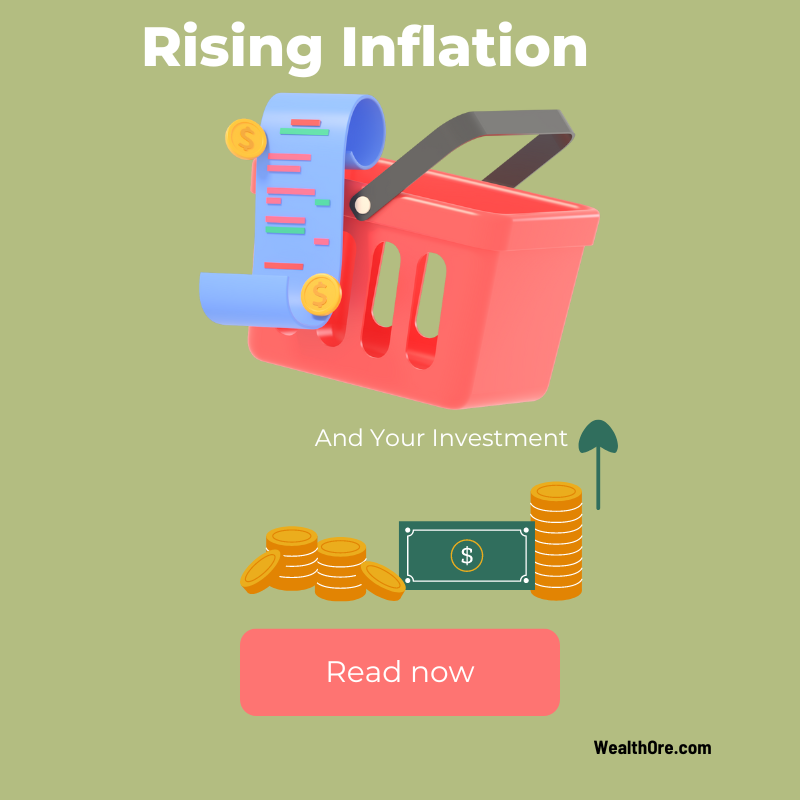Have you ever found yourself relying on money to solve your problems, only to feel like it’s never enough? Many people view money as a crutch—something to lean on when times are tough, but not as a tool for creating lasting change. The truth is, money can be much more than just a temporary fix. When used wisely, it can be a catalyst for growth and empowerment, helping you achieve your goals and build a secure future.
Understanding the Role of Money
Money is often seen as the ultimate solution to life’s problems. Whether it’s paying off debts, buying the latest gadgets, or simply getting by, money plays a significant role in our lives. But what if we shifted our perspective? Instead of viewing money as just a means to an end, we could see it as a powerful tool that can help us grow, both personally and financially.
Money as a Crutch

It’s easy to fall into the trap of using money as a crutch. When you rely on money to solve problems without addressing the underlying issues, it can create a cycle of dependency. For example, if you’re constantly borrowing money to cover expenses, you’re not solving the problem of overspending—you’re just delaying it. This approach can lead to financial stress and insecurity, making it difficult to achieve long-term stability.
Shifting to a Growth Mindset
To use money as a catalyst for growth, you need to shift your mindset. Instead of seeing money as something that merely gets you through the day, start viewing it as a resource that can help you reach your goals. This means being intentional with how you spend, save, and invest your money. By doing so, you can create opportunities for growth, whether it’s through education, starting a business, or investing in assets that appreciate over time.
Steps to Transform Money from a Crutch to a Catalyst
1. Set Clear Financial Goals
The first step in using money as a tool for growth is to set clear, achievable financial goals. Whether you want to buy a home, start a business, or retire comfortably, having a clear vision of what you want to achieve will guide your financial decisions. Setting SMART financial goals can help you stay focused and motivated.
2. Create a Budget That Reflects Your Values
A budget is more than just a list of expenses—it’s a reflection of your values. By creating a budget that aligns with your long-term goals, you can ensure that your spending supports your aspirations. This means prioritizing investments in areas that will help you grow, such as education, health, and personal development.
3. Invest in Yourself
One of the best ways to use money as a catalyst for growth is to invest in yourself. This could mean pursuing further education, learning new skills, or even taking care of your physical and mental health. By investing in yourself, you’re not only enhancing your earning potential but also increasing your ability to make informed financial decisions. Explore investment opportunities that align with your goals and values.
4. Build an Emergency Fund
An emergency fund is essential for financial security. It acts as a safety net, protecting you from unexpected expenses that could otherwise derail your financial plans. By having a well-funded emergency account, you can avoid relying on credit cards or loans in times of crisis, allowing you to stay focused on your long-term goals. Learn how to build and maintain an emergency fund.
5. Invest Wisely
Investing is one of the most effective ways to grow your wealth over time. By investing in assets that appreciate, such as stocks, real estate, or a business, you can generate passive income and build wealth. It’s important to do your research and seek professional advice to make informed investment decisions. Read more about smart investment strategies.
6. Avoid Lifestyle Inflation
As your income grows, it’s tempting to upgrade your lifestyle accordingly. However, this can lead to lifestyle inflation, where your expenses increase in proportion to your income, leaving you no better off financially. Instead, try to maintain a modest lifestyle and use the extra income to invest in your future. This could mean saving more, investing in assets, or paying off debt faster.
7. Give Back
Using money as a tool for growth isn’t just about personal gain—it’s also about giving back to your community. Whether through charitable donations, supporting local businesses, or investing in social causes, using your financial resources to make a positive impact can be incredibly fulfilling. It also reinforces the idea that money is a tool for creating positive change, both for yourself and others.
Conclusion
Money doesn’t have to be a crutch that you rely on when times are tough. By shifting your mindset and using money as a catalyst for growth, you can create lasting financial stability and achieve your long-term goals. Remember, it’s not about how much money you have, but how you use it that matters.
If you’re ready to start using money as a tool for growth, explore more financial tips and strategies on WealthOre. And if you’re looking for ways to invest in your future, check out this comprehensive guide on investment opportunities that can help you get started.
Have any questions or need personalized advice? Feel free to reach out to us at co@wealthore.com.
Join the conversation: How have you used money as a tool for growth in your life? Share your experiences in the comments below!







